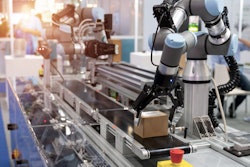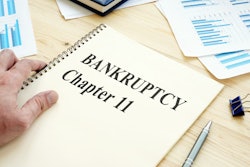As obesity rates continue to rise in the U.S., many Americans are turning to food and beverage products which use artificial sweeteners. But a new report suggests that products containing these “faux sugars” may not be as sweet as they seem.
Excessive sugar intake has been linked to a variety of diseases, including obesity and Type 2 diabetes, and health-conscious shoppers are trying to lower the level of sugar they consume. As a result, many food processors have turned to artificial sweeteners such as aspartame, saccharin and sucralose. But while consumers are using artificially-sweetened products in hopes of maintaining their weight, a new opinion piece published in the journal Trends in Endocrinology & Metabolism suggests that these products may be having the opposite effect.
The article claims that artificial sweeteners actually are linked to an increased risk of obesity, Type 2 diabetes, metabolic syndrome and cardiovascular disease. And researchers say the link is significant. Drinking only one diet beverage a day is enough to greatly increase one’s chance of developing one of these diseases, according to the article.
The report has met with industry opposition, especially from the beverage sector. In a statement, the American Beverage Association (ABA) said, “This is an opinion piece not a scientific study. Low-calorie sweeteners are some of the most studied and reviewed ingredients in the food supply today. They are safe and an effective tool in weight loss and weight management, according to decades of scientific research and regulatory agencies around the globe.”
To continue reading the full blog, click here to visit our partner publication, Food Manufacturing.






















